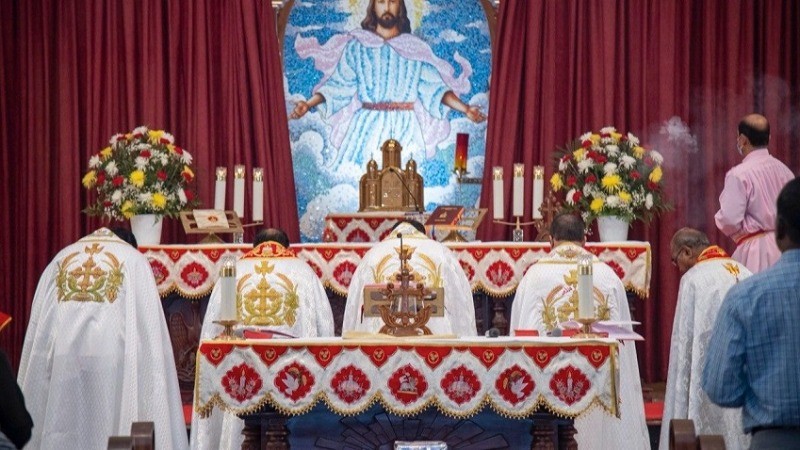
The Syro Malabar Church, a major Catholic group in Kerala, is sounding the alarm over what it calls a land grab by the Waqf Board. On August 10, the Church submitted a formal complaint to the Lok Sabha Secretariat regarding the situation of around 600 families in Cherai and Munambam villages, located in Ernakulam district. These families, primarily from the local fishermen community, are reportedly facing eviction threats from their homes and lands due to claims made by the Waqf Board.
The Church's complaint emphasizes the need for protective measures in the proposed Waqf Board Amendment Bill to prevent these families from losing their properties. The Church supports the bill, viewing it as a potential solution to safeguard communities from what they see as unfair land claims.
Historical Context of the Dispute
The conflict over this land goes back to 1865 when King Ayilyam Tirunal granted a royal lease (Pandara Pattam) to locals through Diwan T Madhava Rao. Originally entrusted to Haji Moosa Sait for agricultural use, the ownership has changed hands over the years, eventually being transferred to Farooq College in 1959 after Haji Moosa Sait’s successor, Siddiq Sait, handed it over.
Fishermen families assert that they legally purchased the land from Farooq College between 1989 and 1990, paying the agreed-upon price. They have lived on this land for decades without any disputes, having built homes there.
However, in 2019, the Waqf Board claimed that 404 acres of the land belonged to them. This assertion triggered legal disputes, and by 2022, local villagers received eviction notices from the Village Office. The Waqf Board argues that the land was sold illegally by a Power of Attorney holder, who accepted payment and transferred ownership, despite the board’s claim that they still own the land.
Ongoing Legal Struggle and Community Response
The battle is now in the courts, with local fishermen families determined to keep their homes. The complaint from the Syro Malabar Church highlights broader community concerns about the Waqf Board's claims. The case has sparked significant discussions about land ownership laws in Kerala and the Waqf Board's authority in such matters.
Many people believe that this ongoing dispute underscores the Union Government's proposed amendments to the Waqf Board Act, aimed at clarifying ambiguities and preventing future conflicts. There is a growing consensus that reforming the existing Waqf laws is crucial for ensuring a fair process that protects vulnerable communities from unjust land seizures.
As legal proceedings continue, the affected families, supported by the Syro Malabar Church, remain hopeful that these legislative changes will lead to justice and a long-term resolution of their struggles.
What Happened to Mollywood? Rising Allegations of Sexual Assault Rock the Malayalam Film Industry